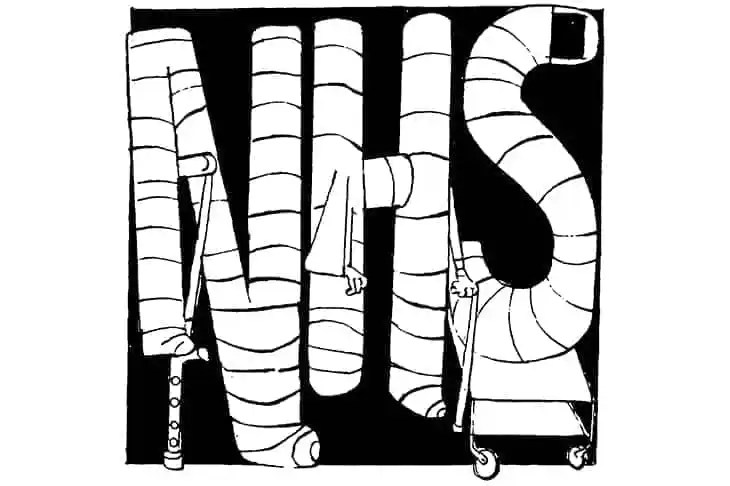The decision by the NHS Staff Council to accept the government’s pay offer is not the end of the stand-off between ministers and some healthcare workers, obviously. But it does mark a step away from the general hostility over pay that has marked the autumn and winter months.
Unite and the Royal College of Nursing are still threatening more strikes, even though they are on the council of 12 unions representing all NHS workers (save for doctors and dentists) in England. The vote at today’s Council meeting means the pay rise of 5 per cent for 2022/23 and 2023/24 and a one-off payment of at least £1,655 will go to all workers, but Unite and the RCN plan to hold out for more money. The unions who plan to go on striking are now weakened by their split from the majority, and also by the fact that Health Secretary Steve Barclay can point out that their members have already received the pay rise anyway, which may make it much harder to maintain public support for more strikes when the health service is struggling to recover from the pandemic.
Barclay and his colleagues also hope that the British Medical Association will struggle with its case for strikes as a result of this deal for nurses, ambulance workers and others. But the agreement has come at a cost. Even those who have been urging the unions to dial down the industrial action, such as the NHS Confederation, have also accepted that the pay deal wouldn’t have come without the strikes in the first place. Ministers had repeatedly argued that they couldn’t give a pay rise because it would be inflationary, and while they did not come close to the demands being made by the individual unions, they did budge. They also, by holding out against putting pay up, allowed the unions to press their argument about the wider state of the NHS, which has taken hold and continues to damage the government rather than the workers themselves. The RCN had been particularly effective at making their early industrial action about the crisis in staffing and threats to patient safety: more recent strategic errors by the union’s leadership have weakened that somewhat.
But the NHS has sustained damage as a result of the strikes and will continue to do so if there are more walkouts. The strikes themselves were an expression of the frustration of people who had given more than many could emotionally and physically afford over the past few years and who felt as though they were in a near-abusive relationship with an employer that they both love and feel damaged by on a regular basis. For staff who raise concerns about unsafe staffing being told to do resilience training, or asked to cancel their leave to cover vacant shifts, the strikes presented a chance to vent and be heard. What they haven’t done is resolve any of those pressures long-term.







Comments